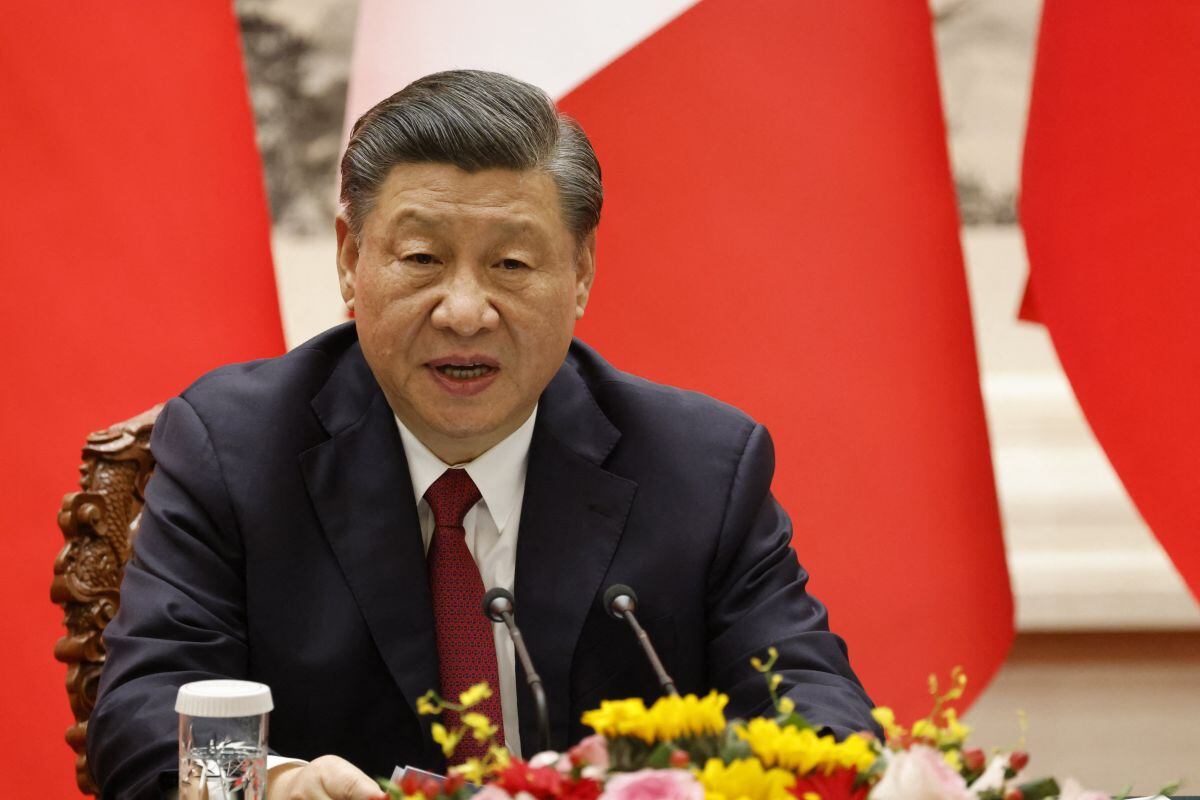
China expressed on Saturday his “strong discontent” following the publication of a communiqué from the member countries of the G7 in which they refer to their policy on the sea of southern chinathe respect of human rights or their alleged interference.
The summit of the seven most industrialized economies (USA, Canada, Japan, France, United Kingdom, Germany and Italy) It began on Friday and will end on Sunday in the Japanese city of Hiroshima, in the presence of the leaders of these countries, and other guests.
He G7 statement ask China to “do not carry out interference activities” in its member countries, and expresses its “worry” for human rights, “especially in Tibet and Xinjiang.”
The leaders underline “the importance of peace and stability” in the Taiwan Strait, and express great concern about the situation in the South China Sea, indirectly accusing China of “coercion”.
On the war in Ukraine, the G7 also urged Beijing, Moscow’s economic and diplomatic partner, which until now has maintained a neutral position on the conflict, to “Pressure Russia to stop its aggression.”
“The G7 is stubborn in manipulating issues related to China. It discredits and attacks China.”lamented a spokesman for the Chinese Ministry of Foreign Affairs, expressing the “firm opposition” from Peking.
“China expresses its strong discontent and firm opposition, and has filed an official complaint to Japan, the host country, and the other parties involved”he added.
About Taiwan, the ministry reproaches the G7 countries for only pointing to Beijing and that they do not show clear opposition to the Taiwanese independence movement.
“The G7 proclaims that it wants to move towards a peaceful, stable and prosperous world. But in reality, it hinders world peace, harms regional stability and inhibits the development of other countries.” the Chinese spokesman said.
The G7 communiqué is the result of negotiations between countries like the United States, which defends a firmer position, and others from the European side that insist on avoiding a climate of “confrontation”.
Source: AFP
Source: Gestion
Ricardo is a renowned author and journalist, known for his exceptional writing on top-news stories. He currently works as a writer at the 247 News Agency, where he is known for his ability to deliver breaking news and insightful analysis on the most pressing issues of the day.












